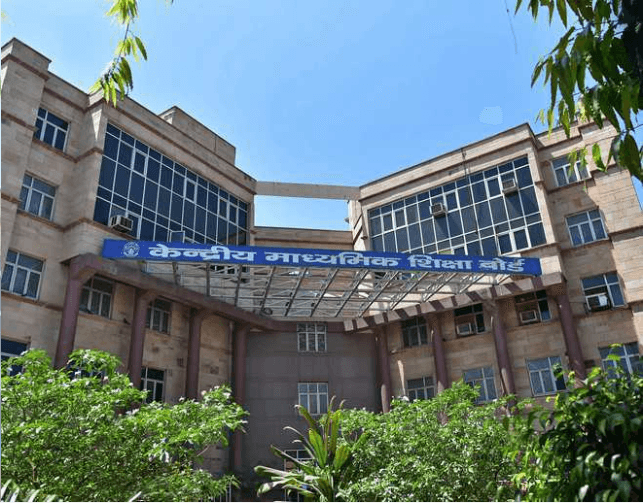Ludhiana, December 12- The Central Board of Secondary Education (CBSE) announced a major overhaul in the school curriculum by mandating language study across senior classes while de-emphasizing academic scorecards.

As part of sweeping reforms aligned with the new National Curriculum Framework, the CBSE aims to ease exam pressure and nurture holistic progress via updated teaching guidelines.
Dr. Vandana Shahi, a CBSE training coordinator, said all education boards must now follow the NCF’s vision stressing languages, arts, and vocational skills rather than bookish knowledge or cut-throat academic competition.
Student growth across diverse parameters will be evaluated under the “Holistic Progress Card” module replacing score-based assessments. Languages form a key element of the retooled curriculum.
For Grades 9 and 10, studying English, Hindi, and Punjabi will be compulsory unlike earlier. In Grades 11 and 12, students have to take up English alongside choosing Hindi, Punjabi, or another offered language.
The overhaul mandating languages in senior secondary levels marks a significant shift. While some students appreciate exam score relaxation, studying an additional language subject poses challenges.
However, experts considered it imperative to boost multilingual abilities aligned with India’s linguistic diversity. Students gain analytical skills and cultural appreciation by studying local and global tongues.
By making languages obligatory even post-Grade 10, the CBSE aims to rectify the gap where studying them became non-essential. The reform anchors cultural connectedness within a modern, holistic vision of education.
